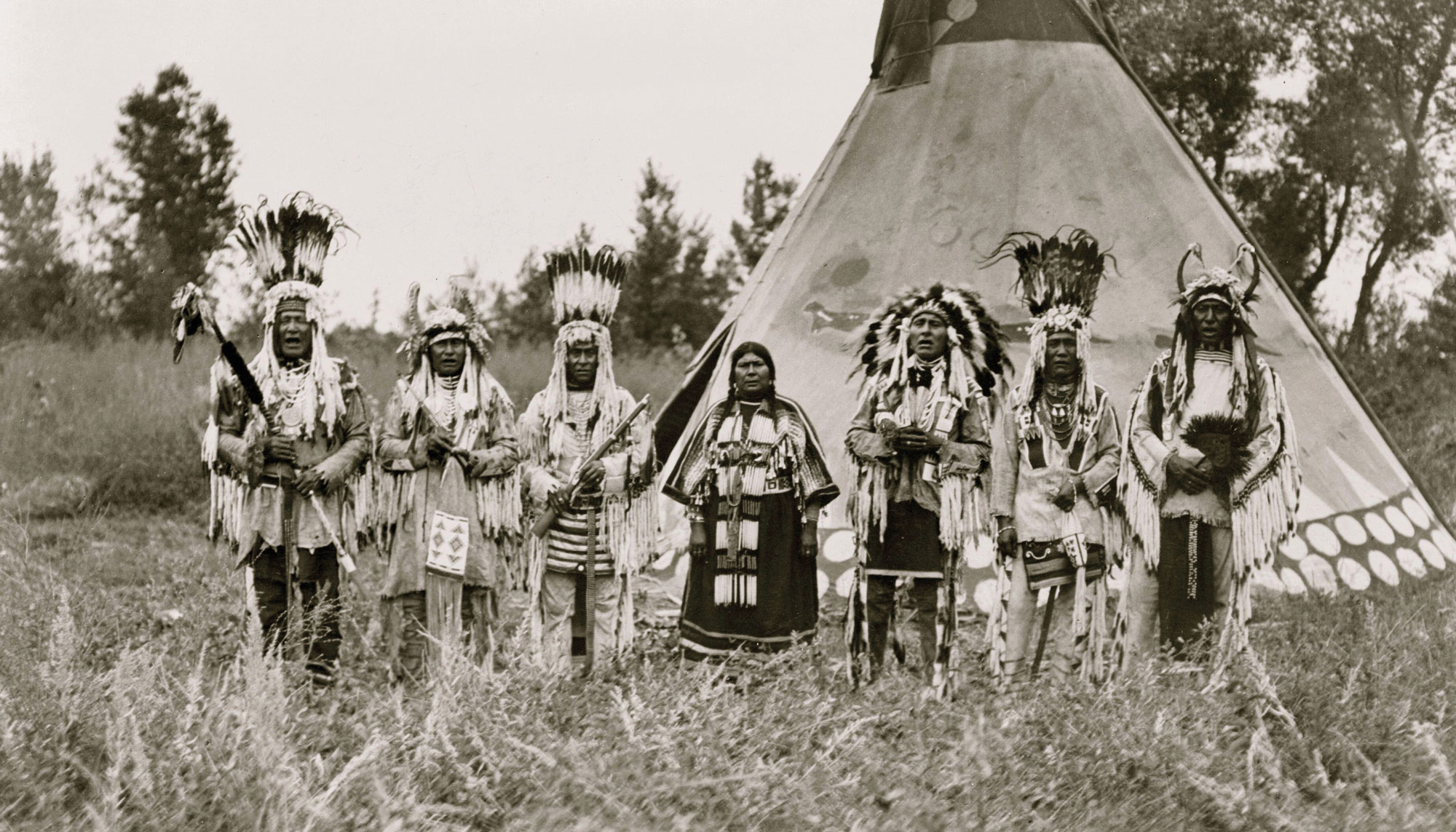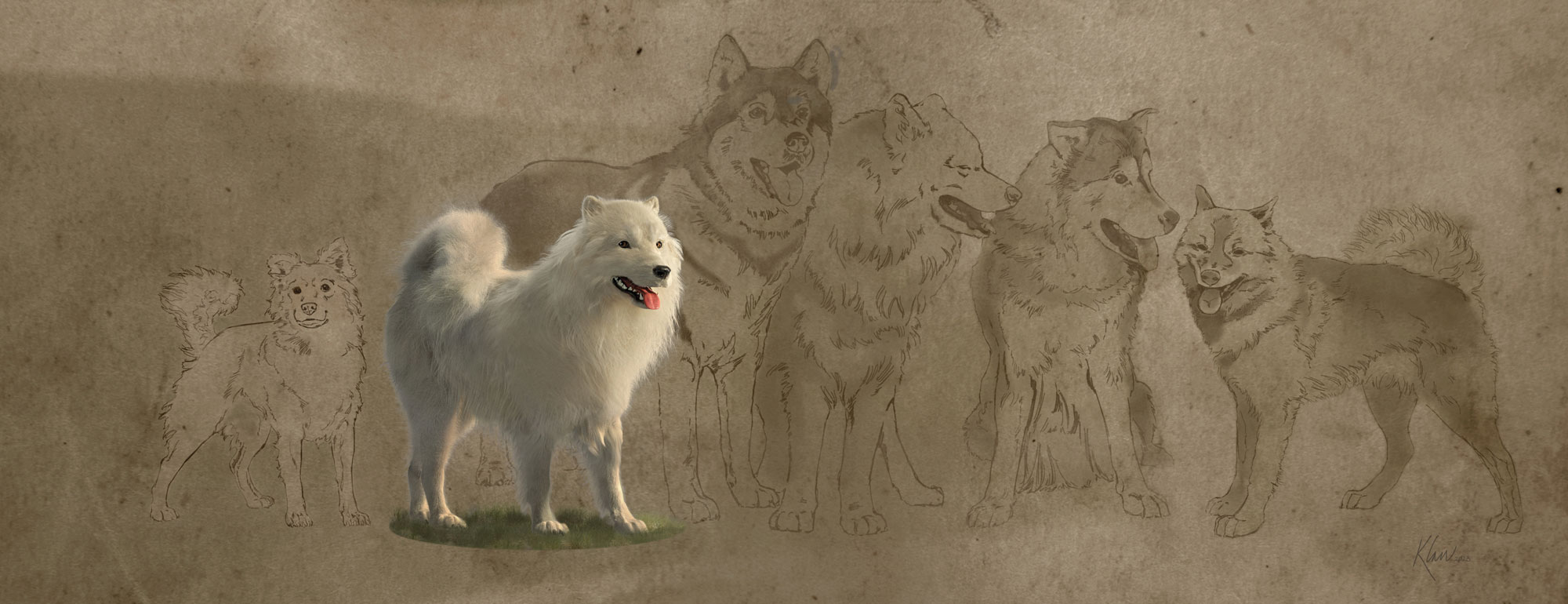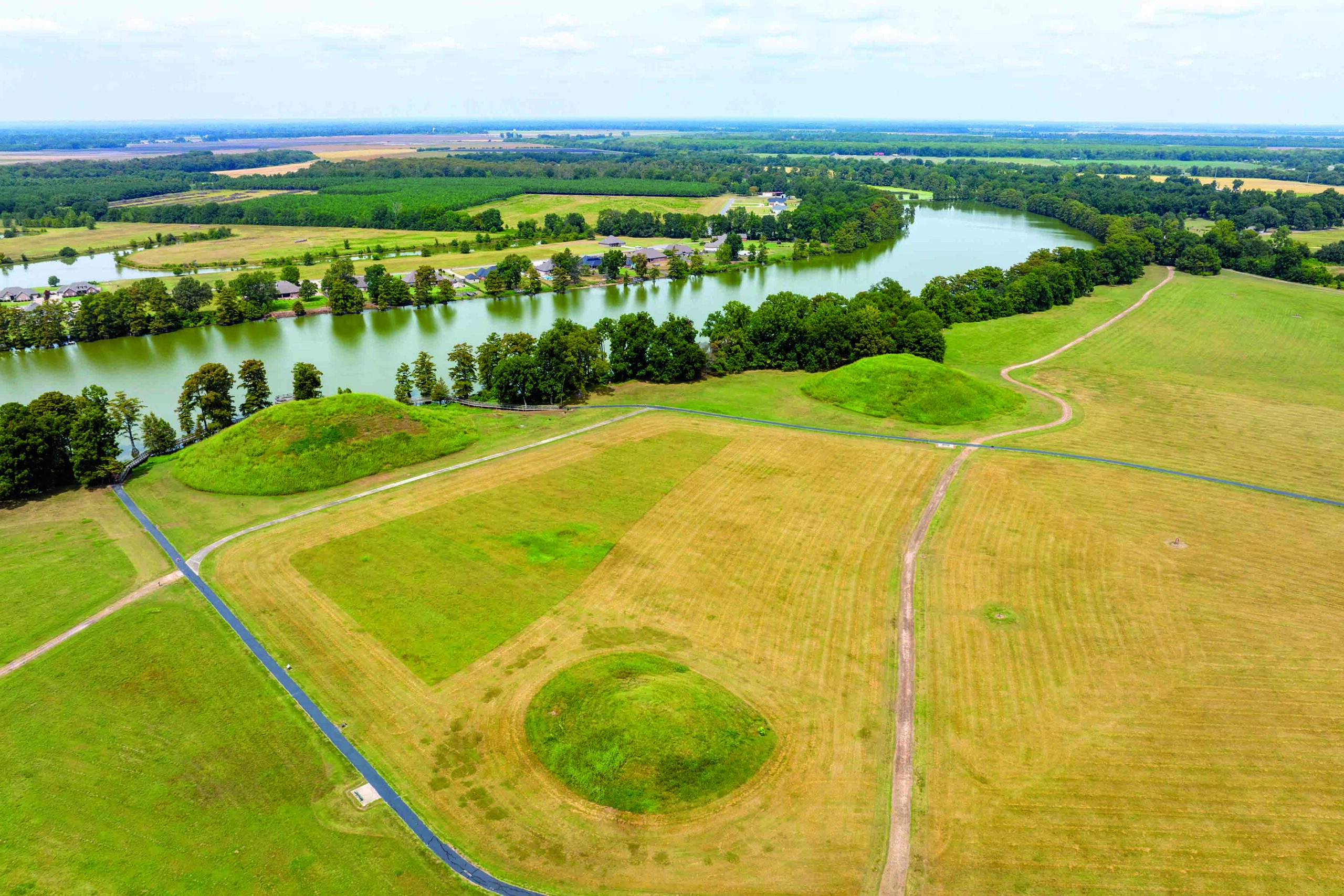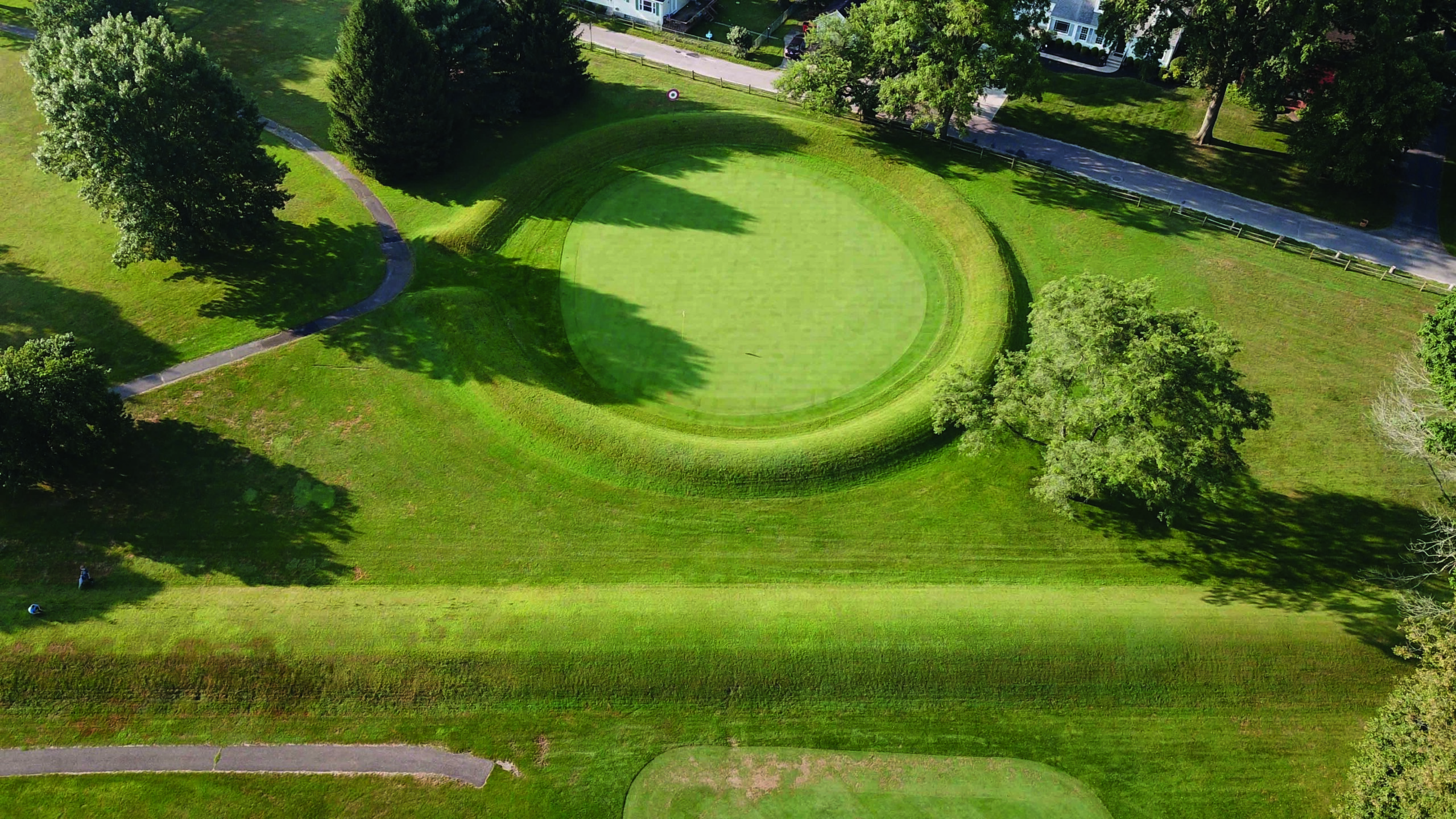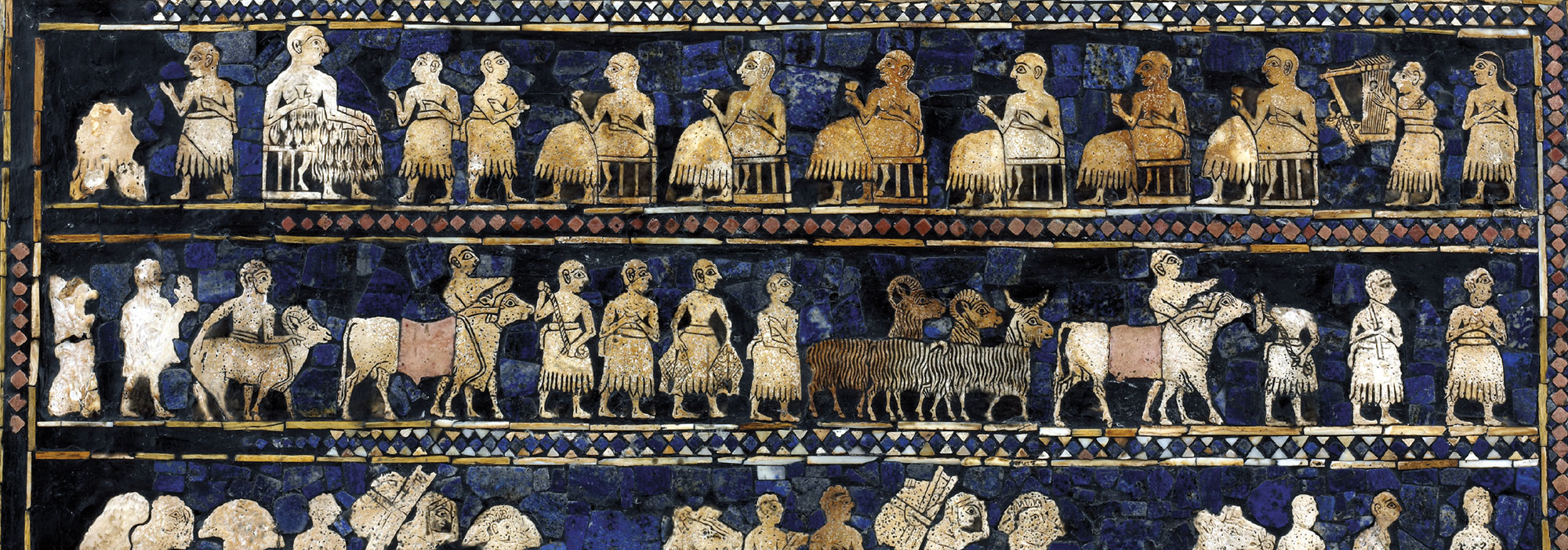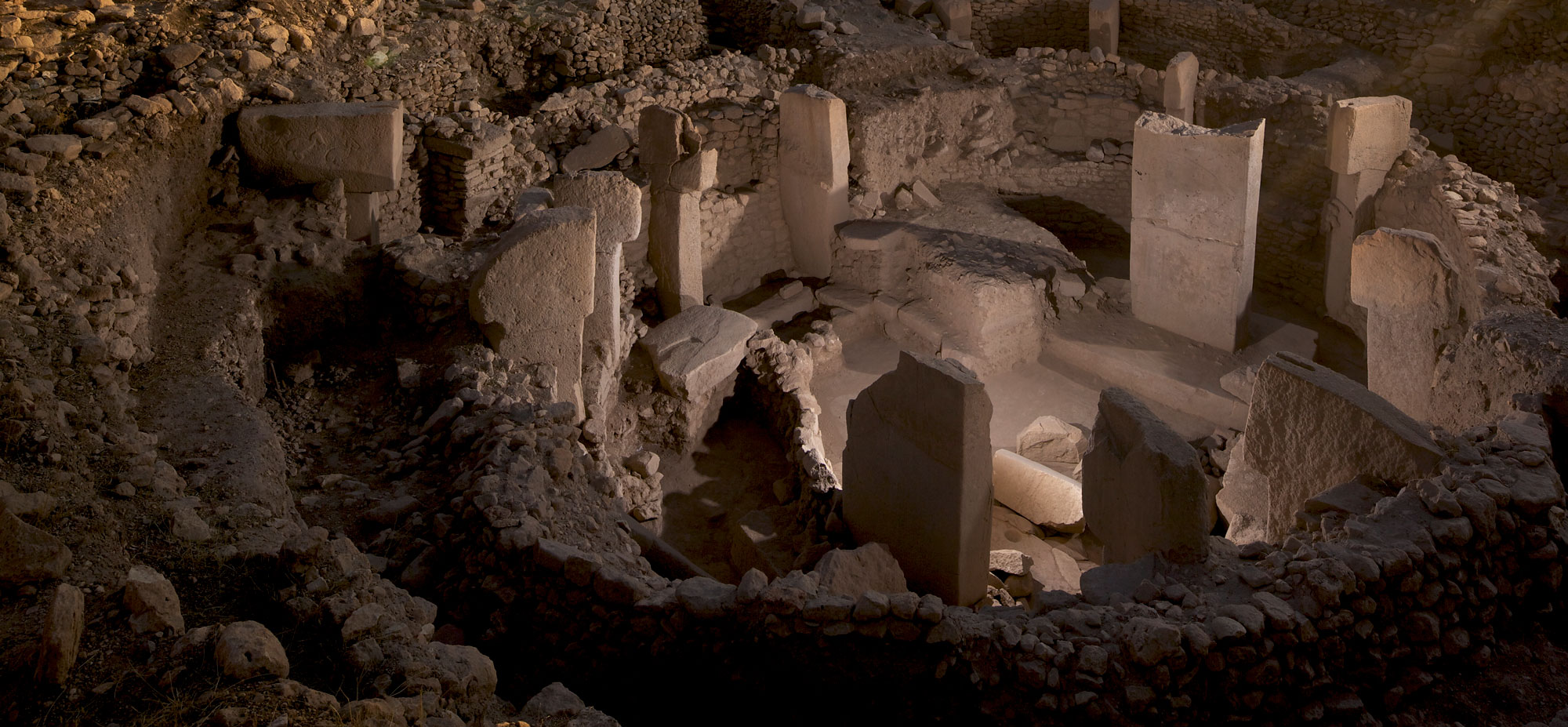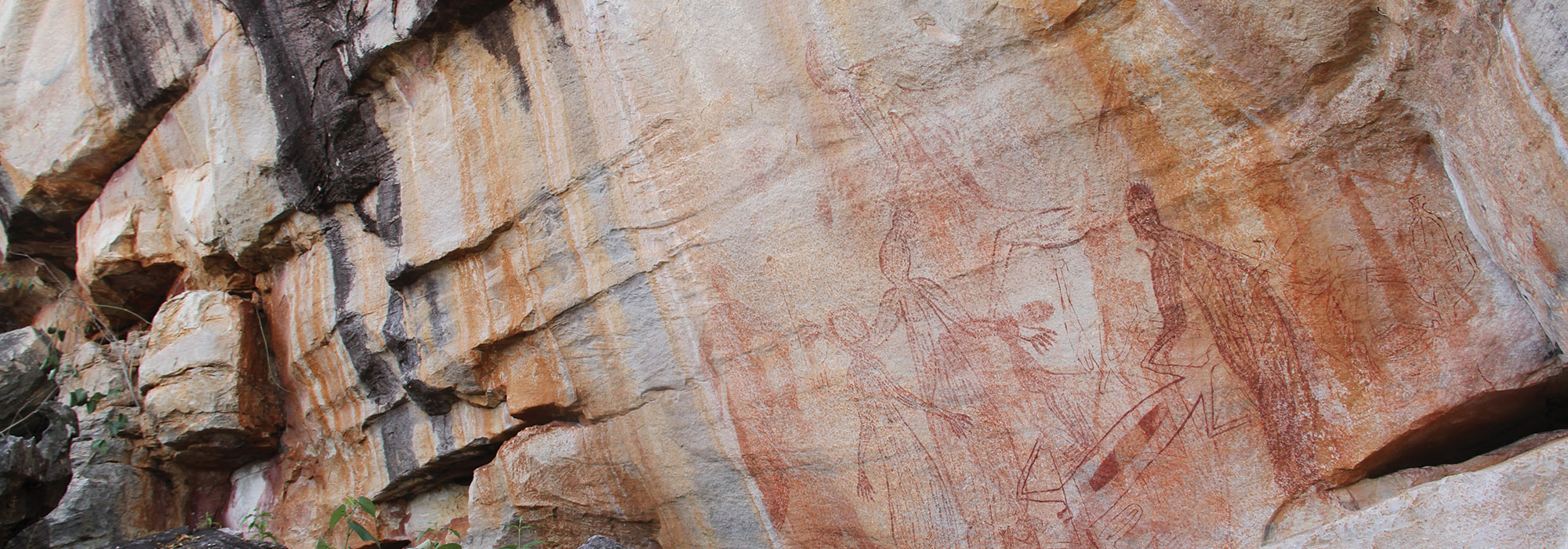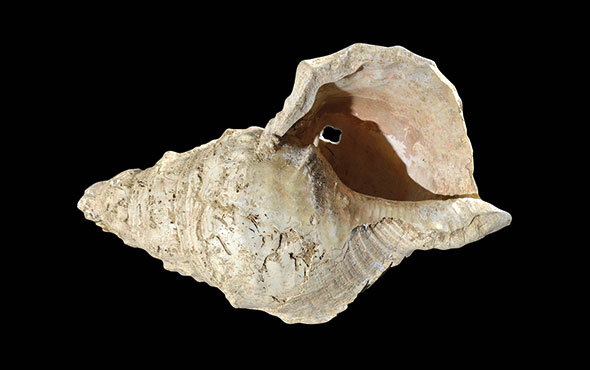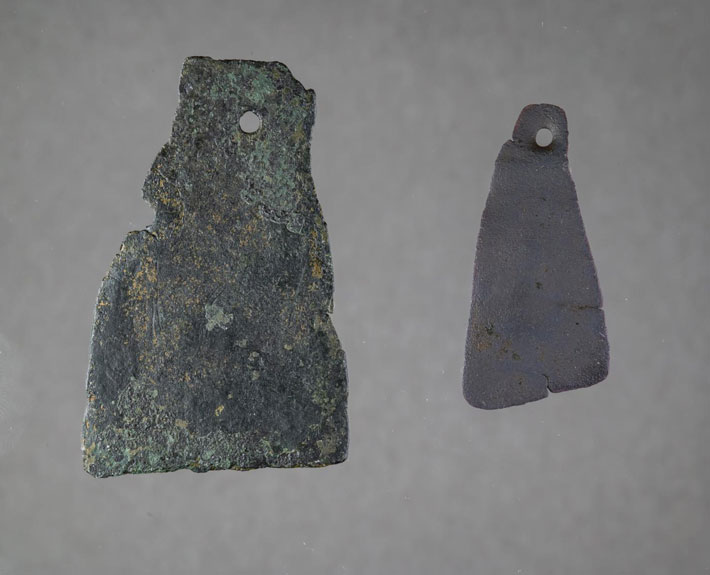
GAINESVILLE, FLORIDA—According to a statement released by the Florida Museum of Natural History, more than 80 objects crafted by Chickasaws from ax heads, blades, nails, chain links, horseshoes, barrel bands, and other metal items left behind by Spanish explorer Hernando de Soto’s expedition have been unearthed at Stark Farms, a site in northeastern Mississippi. Archaeologist Charles Cobb said the objects include an exact replica of a Native American stone celt, or ax head, made of iron. Historical documents indicate that De Soto arrived in the region in 1541 with livestock and some 600 people. The Chickasaws, under the leadership of Chikasha Minko, provided food and shelter to the Spaniards through the winter, but attacked the Spanish camp after De Soto executed two Chickasaws and cut off the hands of a third person he accused of stealing pigs, in addition to demanding that hundreds of Chickasaws carry Spanish equipment on the next leg of his journey. In the sixteenth century, metal objects were rare in North America and were often reserved for people of high status, Cobb explained. In this case, he thinks the Chickasaw were able to collect an abundance of metal goods after the Spanish retreat. To read about Georgia's Dyar Mound, which was abandoned shortly after De Soto's expedition across the southeastern United States, go to "Enduring Rites of the Mound Builders," one of ARCHAEOLOGY's Top 10 Discoveries of 2020.


